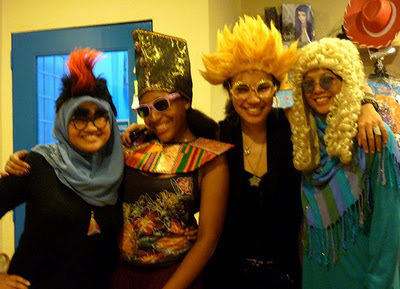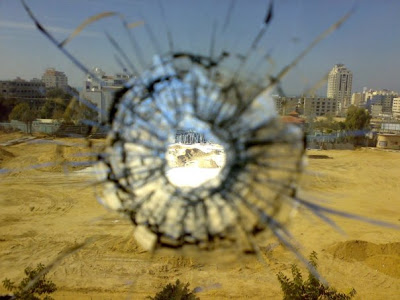Malian Muslim footballer Frederic Kanoute, the striker of Spain’s Seville FC, has saved the only mosque in the southern Spanish city of Seville from closure.
Kanoute has paid 510,860 euros (some $700,000) so that fellow Muslims in Seville would not find themselves without a mosque, reported Agence France-Presse (AFP) Thursday, December 13.
The privately owned mosque was due to be sold after a contract to use the premises by the local Muslim population had expired. But Kanoute stepped in to purchase the building. The 30-year-old striker has not made any comment on the matter.
But city authorities have confirmed that the property has been registered in Kanoute’s name, according to the BBC Sport. It is estimated that Kanoute has spent almost a year’s salary to buy the mosque.
Kanoute, , one of the finalists for the 2007 BBC African Footballer of the Year award, moved in 2005 from French champions Lyon to Seville FC, the 2006-07 Spanish league’s third and the holder of last season’s cup championship.
Grateful
Spanish Muslims said they really appreciate Kanoute’s moving gesture. “If it had not been for Kanoute then we would not have had a mosque on Fridays, which is the most holy day of the week for Muslims,” a spokesman for the Islamic Community of Spain was quoted as saying by BBC Sport.
Kanoute, who has also created a foundation in his motherland Mali to help orphans, reverted to Islam 10 years ago. Last Ramadan, he impressed Spanish football fans by his unique performance though he was fasting.
Kanoute was crowned last year the league’s top scorer with 20 goals, outperforming football legends such as Brazilian Ronaldinho.
Kanoute, a practicing Muslim who regularly performs his prayers even in the locker room, refused last season to wear a jersey advertising for an internet gambling site, because gambling is forbidden in Islam.
His team had to give him a brand-free jersey until he accepted wearing the sponsored jersey in return for money to an Islamic charity.




